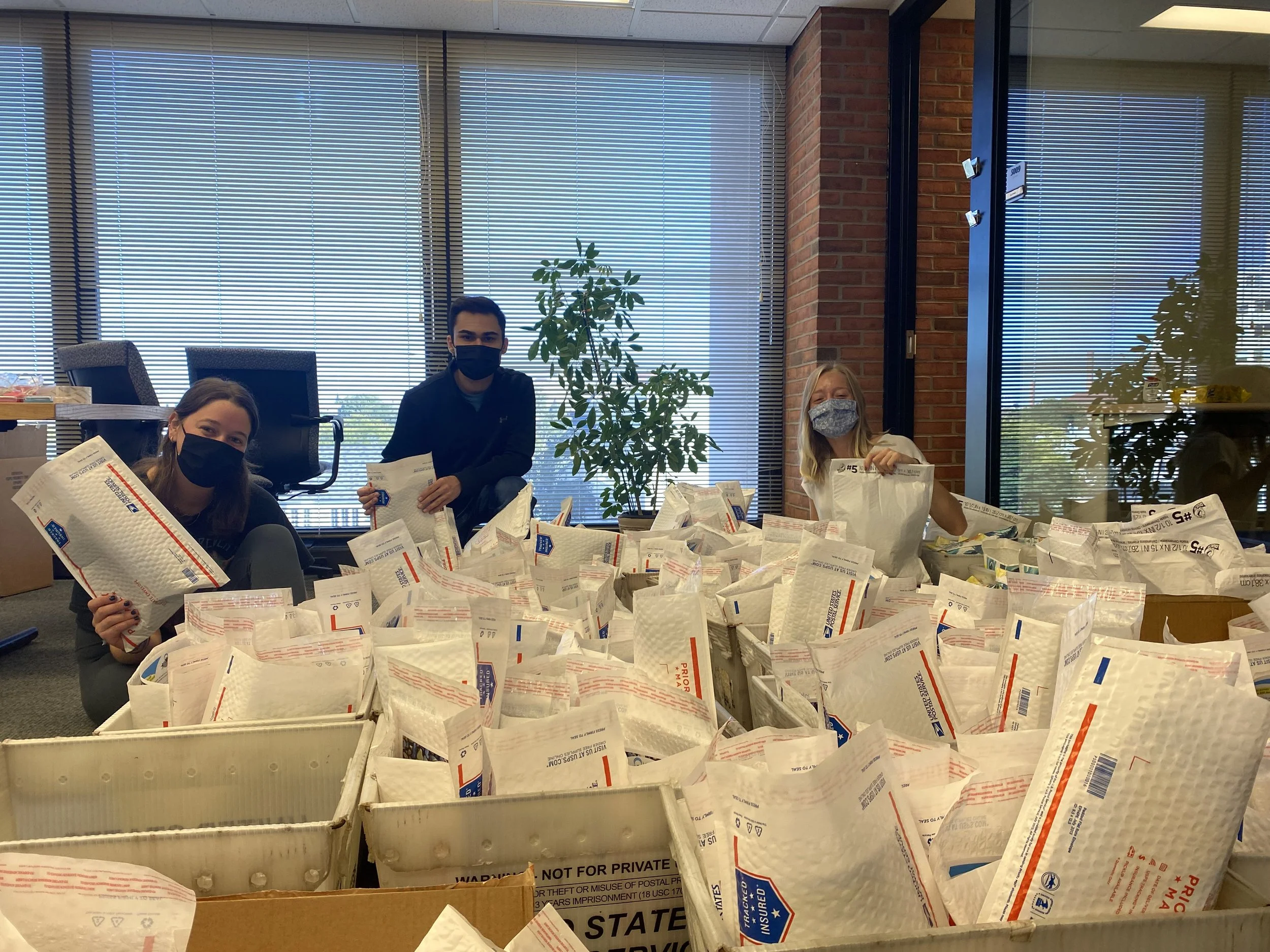Promoting Community Conversations About Research to End Suicide (PC CARES) is a community health program that trains local facilitators to share research-based insights to spark multi-sector and multi-level collective action for Alaska Native youth wellness. During the COVID-19 pandemic, the PC CARES research team had to pivot away from in-person gatherings. Guided by expert feedback from a Local Steering Committee (LSC), the team implemented a distance-delivered approach that included:
1) Virtual PC CARES Learning Circles and
2) PC CARES at Home Care Packages.
This paper explores the development and acceptability of PC CARES at Home, which equipped community members with care packages containing health-promoting education (e.g., CDC recommendations for well-being), activities (e.g., conversation cards), and resources (e.g., snacks and stickers) adapted from the PC CARES curriculum.
The PC CARES LSC guided the creation of the care packages, ensuring they were culturally responsive and aligned with regional priorities. Originally, packages were shipped to PC CARES facilitators, who had been trained pre-pandemic, for them to distribute around their communities. Later, recipients also included virtual PC CARES participants, LSC members, and community members nominated by existing recipients. Overall, 1527 care packages covering 10 different themes were sent to 492 recipients across 34 communities in Alaska from June 2020 to July 2022.
To evaluate how acceptable and useful these care packages were, both participant surveys and phone interviews were conducted. Paper surveys (N=208) were included in the care packages and assessed participant experiences through satisfaction ratings and open-ended questions. Actions and activities participants could take after receiving the care packages, like joining the PC CARES Facebook group, were also accounted for in the survey. Participant phone numbers were randomly contacted for 15-20 minute user experience phone interviews (N=24), which followed a semi-structured interview guide evaluating satisfaction and takeaways from the care packages.
A vast majority of survey respondents and interviewees expressed satisfaction with the care packages, underscoring the importance of centering community voices and local priorities in developing acceptable and feasible culturally responsive interventions. In addition, the care packages built on the PC CARES Learning Circles that had already occurred in communities by reinforcing wellness self-efficacy and tangibly reducing barriers to health promotion action (e.g., one care package included a lockable medication pouch to safely store lethal means). Overall, PC CARES at Home was a novel upstream suicide prevention intervention that effectively equipped trusted adults in remote communities with culturally appropriate tools to take action for the youth in their lives.
Download the full article here.
Kennedy, J., Wexler, L., Schmidt, T., Rataj, S., Garnie, J., Moto, R., Tao, Z., White, L., & McEachern, D. (2025). Care packages to promote universal suicide prevention for remote Alaska Native communities: What worked?. The Journal of rural health : official journal of the American Rural Health Association and the National Rural Health Care Association, 41(2), e70032. https://doi.org/10.1111/jrh.70032
Want to learn more?
Get a glimpse into our report back to communities on lessons learned from PC CARES at Home.
Check out how we adapted PC CARES Learning Circles virtually during the pandemic.







